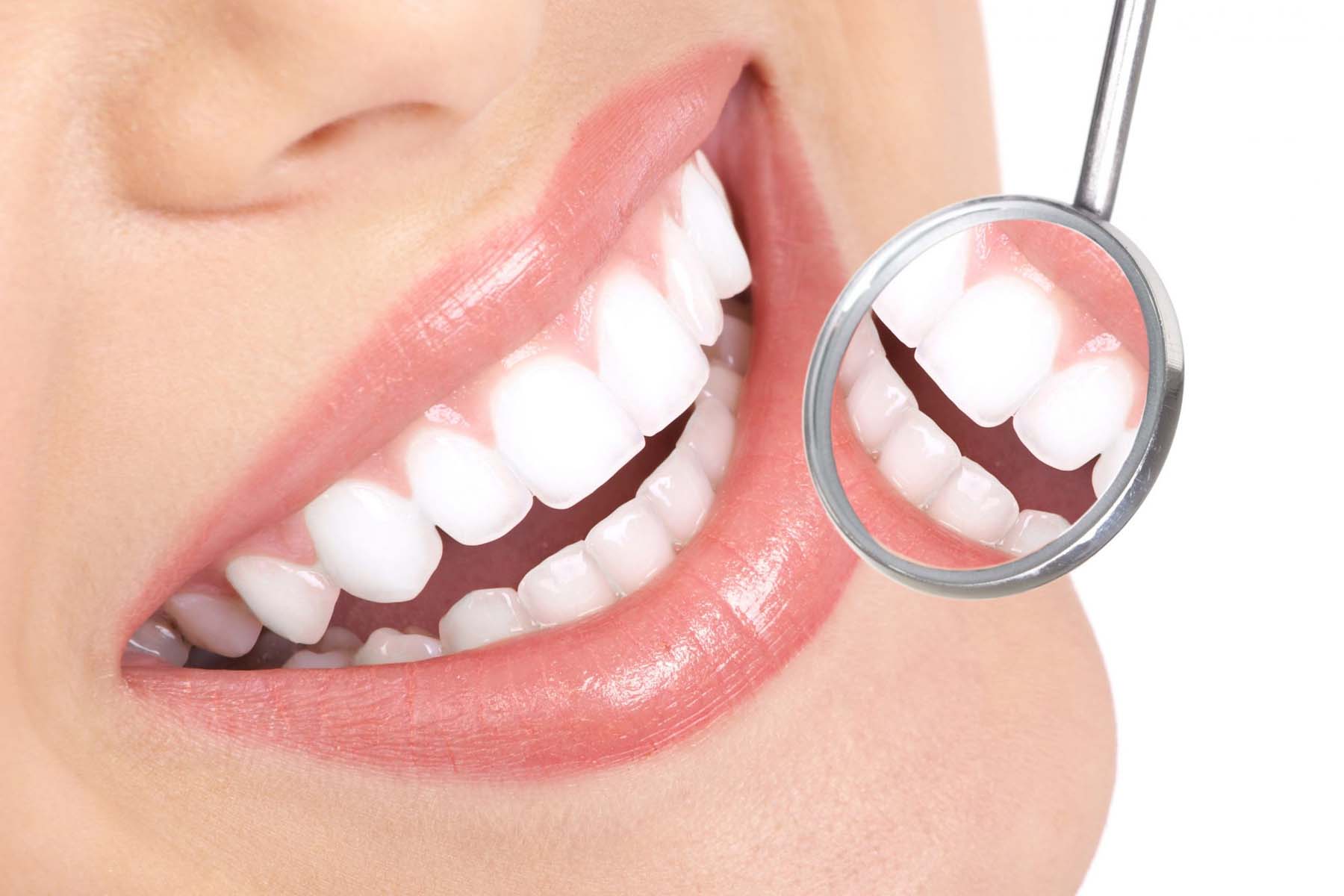
Maintaining good oral hygiene is crucial. If you don’t, some common dental issues could develop. Such issues can result in pain, difficulty consuming food, or even serious illness. But don’t worry! Understanding these problems and reaching a dentist near you immediately makes it possible to prevent them. Here are seven common dental problems that many people face.
1. Tooth Decay
Cavities or tooth decay are common dental problems affecting individuals of all ages. This occurs when bacteria that inhabit the human mouth metabolize sugar from the food and make acid in the process. This acid dissolves the enamel, which is the hard outer surface of your teeth and causes the formation of cavities.
How to Avoid Tooth Decay?
- Clean your tongue, gums, and teeth with a proper brush and fluoride-based toothpaste, preferably in the morning and at night.
- Brush your teeth as well as floss every day to remove food particles between teeth.
- Limit the consumption of sugary snacks and drinks.
- Visit your dentist every six months for a dental examination.
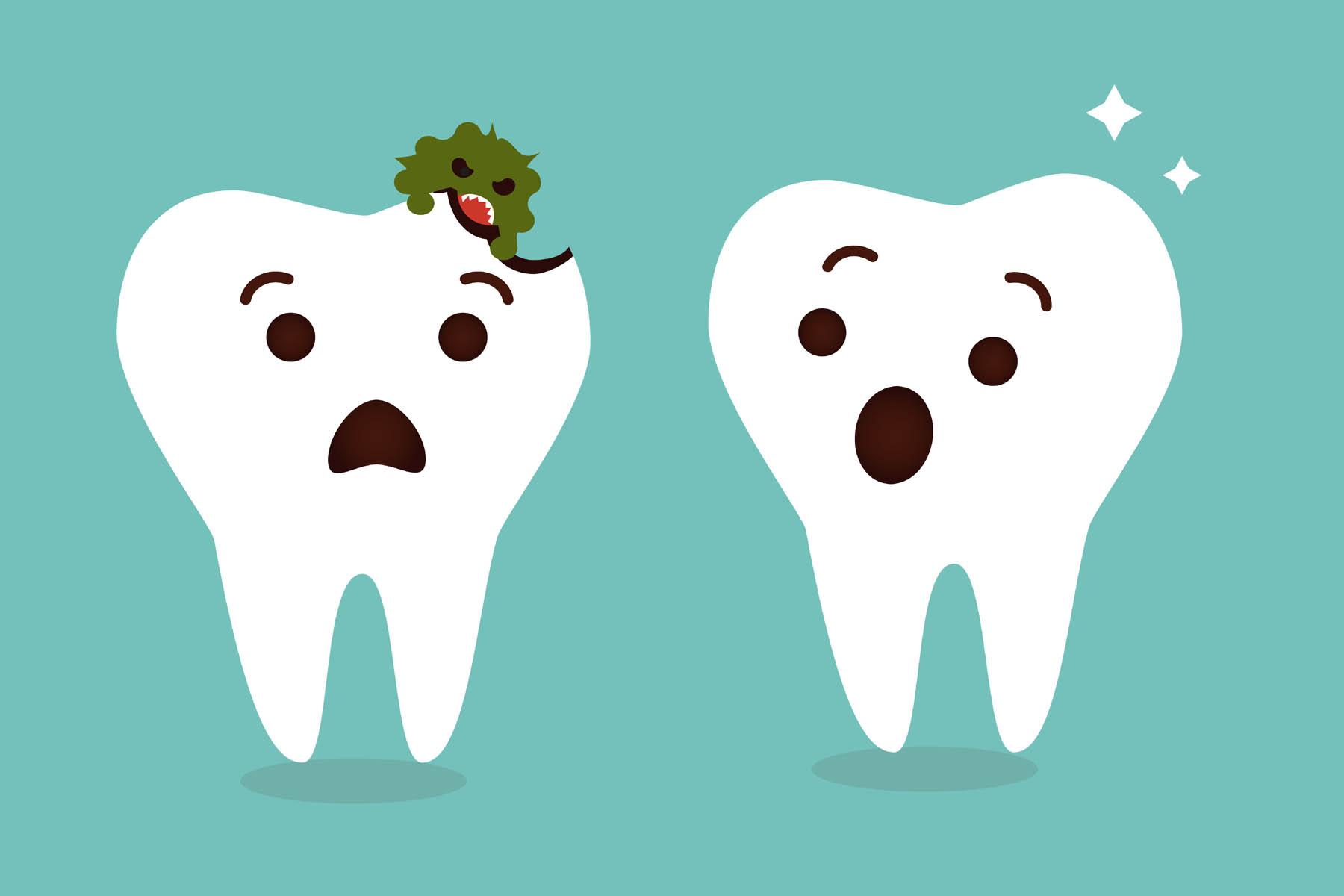
2. Gum Disease
Periodontal disease, also known as gum disease, is an infection of the gums. It begins with the accumulation of plaque on your teeth. If not removed, plaque accumulates and becomes a sticky substance known as tartar, which leads to gum disease. Gingivitis is the initial stage, which, if left untreated, can progress into a more severe condition known as periodontitis.
Signs of Gum Disease
- Soreness, inflammation, or gum bleeding
- You have bad breath that won’t go away.
- Loose teeth
How to Avoid Gum Disease?
- Brush and floss regularly to remove the plaque.
- Use antibacterial mouthwash to minimize bacteria from the mouth.
- Visit a dental clinic in Edmonton for a recommendation and treatment from a dentist if you notice any sign of gum disease.
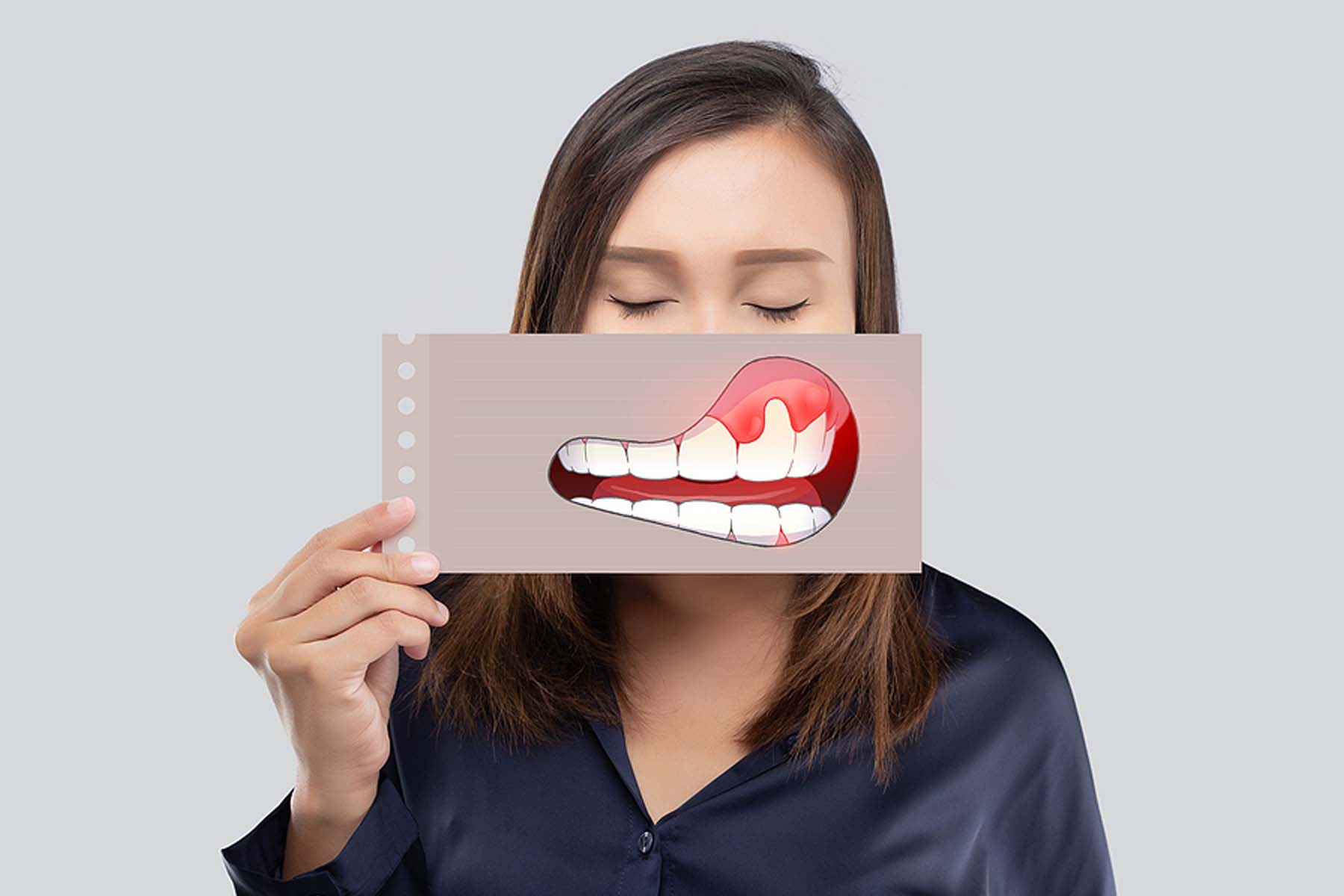
3. Tooth Sensitivity
Tooth sensitivity refers to the situation where you get an aching or discomfort in your teeth when consuming meals or beverages that are warm, cold, sweet, or acidic. This occurs when the outer visible layer, the enamel, wears off to expose the second layer, dentin.
How to Manage Tooth Sensitivity?
- Brush teeth with toothpaste that was developed for people with sensitive teeth.
- Do not consume hot meals or cold foods that are acidic.
- Consult your dentist, as they can detect oral issues and recommend treatment to strengthen your enamel.

4. Tooth Erosion
Tooth erosion involves the wearing of the enamel due to continued exposure to acids. The acid comes from the food you eat, including lemons, carbonated beverages, vinegar, and many more. Over time, with erosion, teeth will be sensitive, darken, or even crack.
How to Prevent Tooth Erosion?
- Rinse your mouth with water right after consuming food that contains acid or having an acidic drink.
- For brushing after a meal, wait for at least 30 minutes.
- Acidic intakes of food and drinks should be limited.
- While consuming acidic drinks, use a straw to reduce the contact of teeth with the beverage.
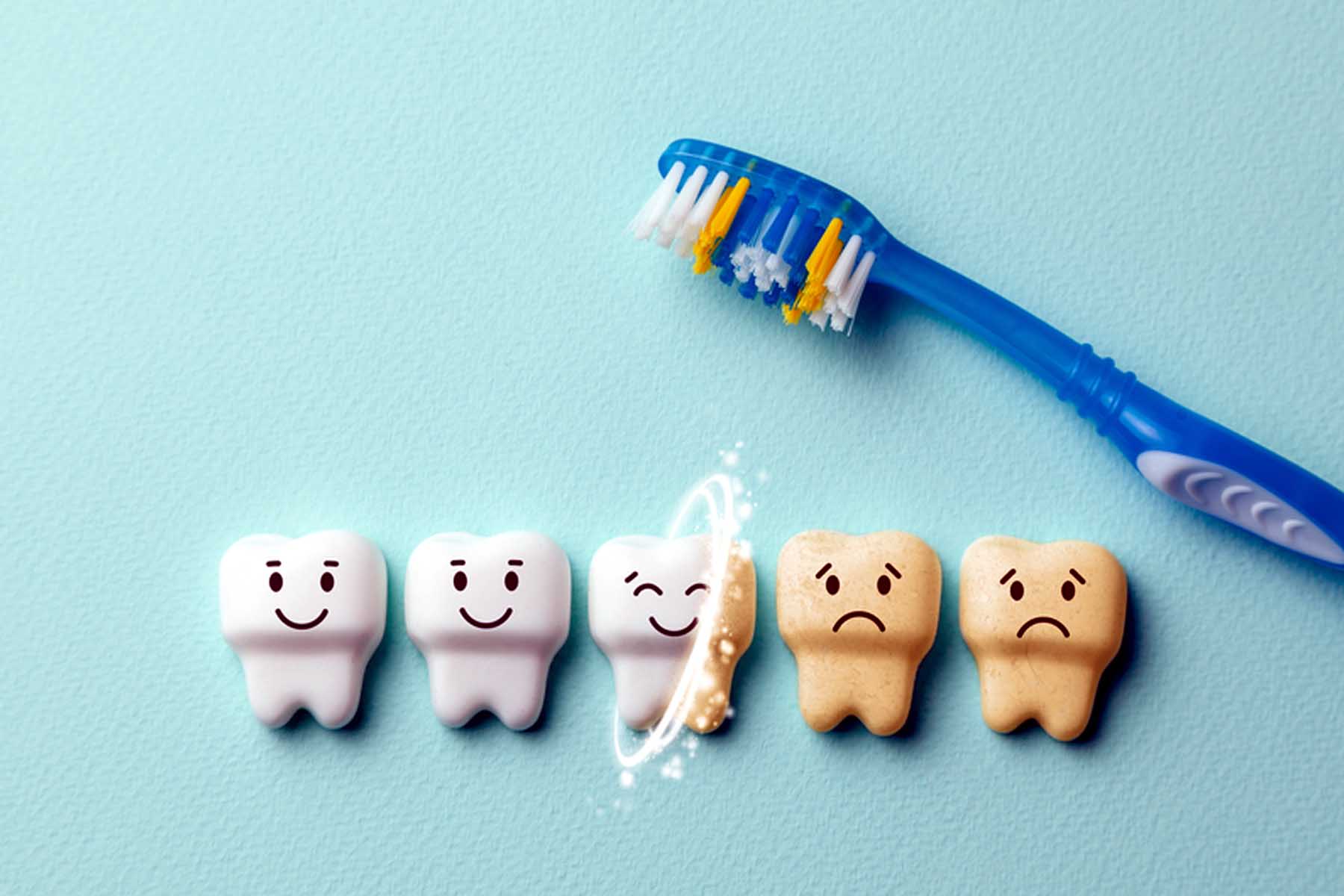
5. Bad Breath
Halitosis, or bad breath, can be embarrassing. It’s usually caused by poor oral hygiene, but it can also be a sign of gum disease or other dental concerns. Food particles that are left in the mouth for a long period of time can decay and create an unpleasant odour.
How to Maintain Fresh Breaths?
- Brush and floss regularly to remove food particles that might be remaining in the mouth.
- Clean your tongue every day with a toothbrush or a tongue cleaner.
- Stay hydrated by drinking lots of water in order to keep the mouth moist.
- Chew sugar-free gum to increase saliva production and clean your mouth.

6. Tooth Grinding (Bruxism)
Tooth grinding, also known as bruxism, involves clenching or grinding teeth often while sleeping. Tooth grinding may result in the wearing of teeth, pain in the jaws, tooth fractures, and more.
How to Prevent Tooth Grinding?
- Wear a nightguard while sleeping to minimize wear and tear of the teeth.
- Try yoga and other exercises to bring down stress level since it encourages grinding of teeth.
- Avoid drinking too much caffeine and alcohol, especially before bed.
- If you are grinding teeth, consult a dentist for treatment.
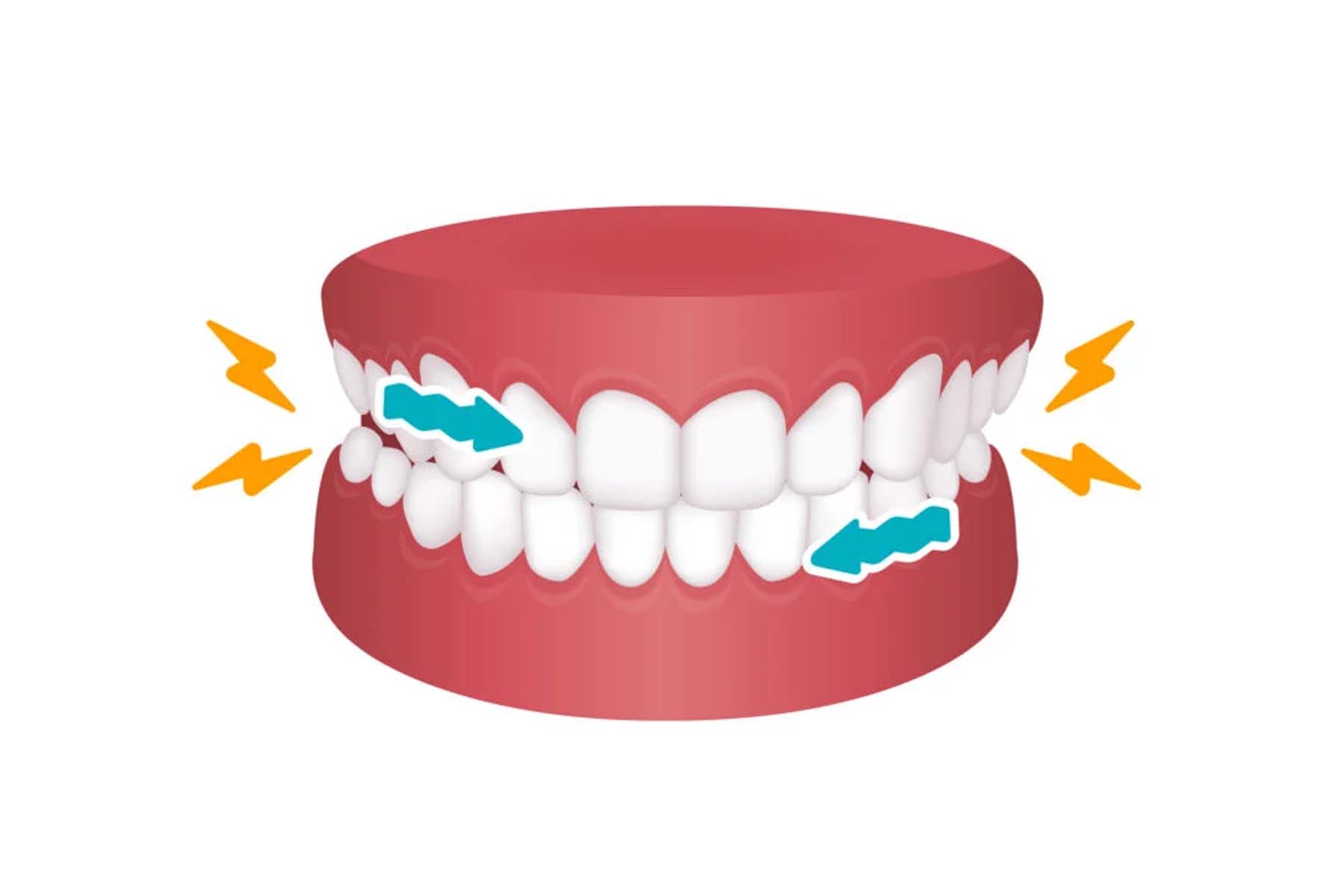
7. Cracked or Broken Teeth
Teeth can become cracked or broken due to various factors, such as chewing on hard foods, grinding teeth, or an injury. The symptoms can vary depending on the severity and may include pain, sensitivity, or infection.
How to Protect Your Teeth?
- One is required to avoid biting solid objects such as ice, pens, and more.
- A mouthguard is highly recommended whether you engage in any sports activity or you have a habit of grinding your teeth.
- When you notice a tooth that has been cracked or even a broken tooth, visit your dentist as soon as possible.
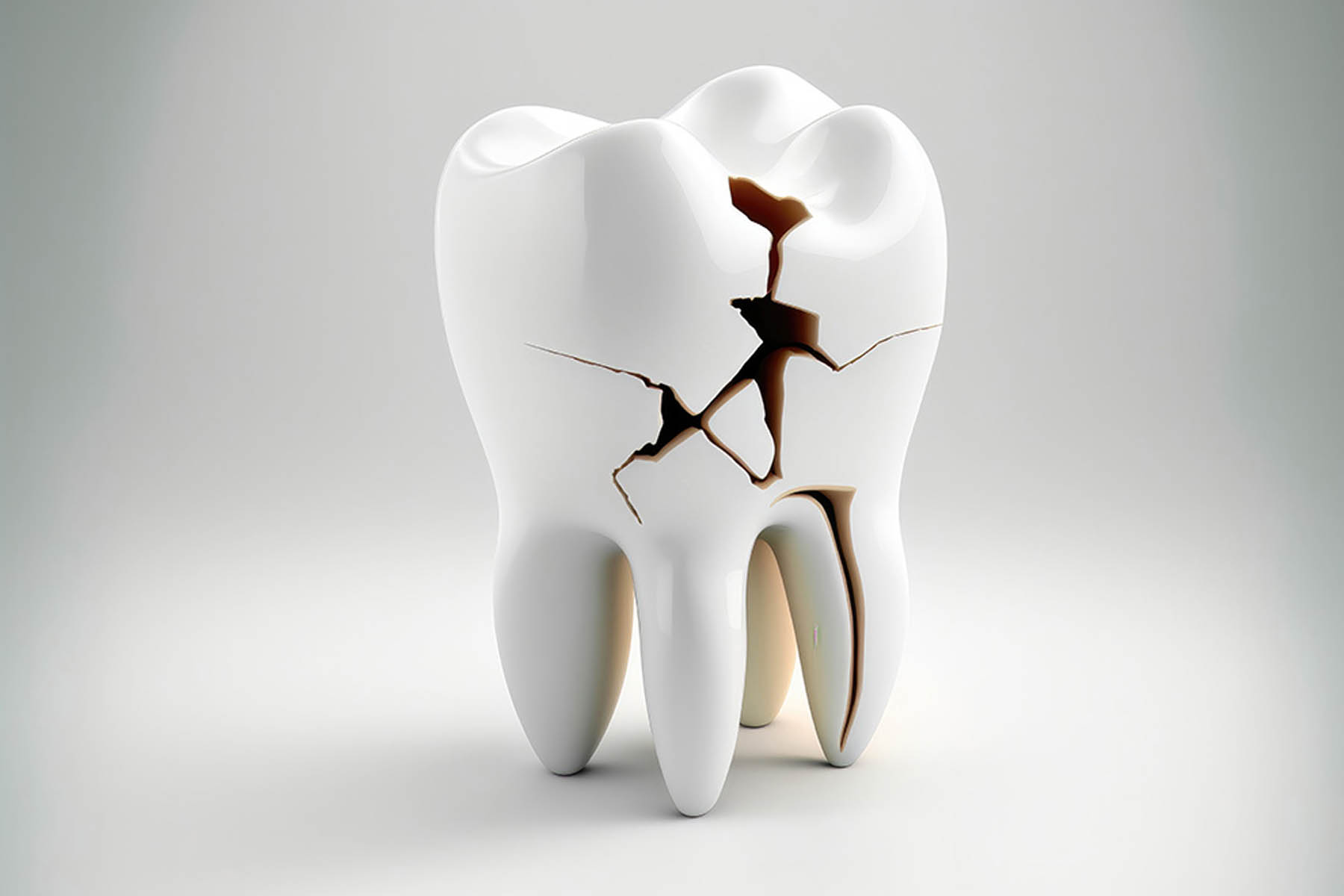
Wrapping Up
It is possible to prevent some common dental issues if you maintain good oral hygiene. You can keep your teeth healthy and smile bright by daily brushing, flossing, scheduling dental appointments, and eating good food. Remember that if you suspect some dental problems, you should visit your dentist immediately to treat them.
Brighten Your Smile With Unity Square Dental Today!
Unity Square Dental is a professional dental clinic focused on keeping patients’ teeth healthy. Our experienced dentist in Edmonton offers multiple dental services such as cleaning, filling, check-ups, and more. Get in touch with us today and schedule your dentist appointment with Unity Square Dental!

